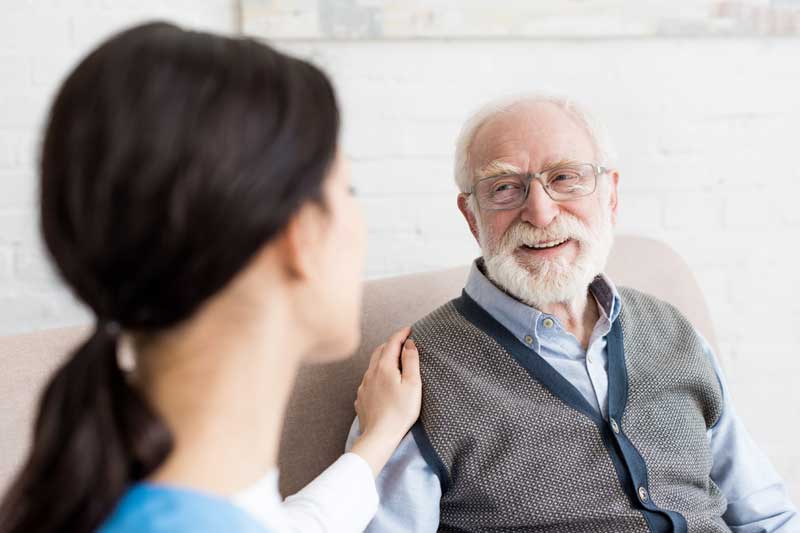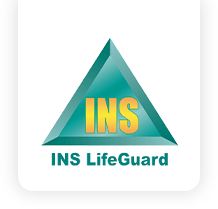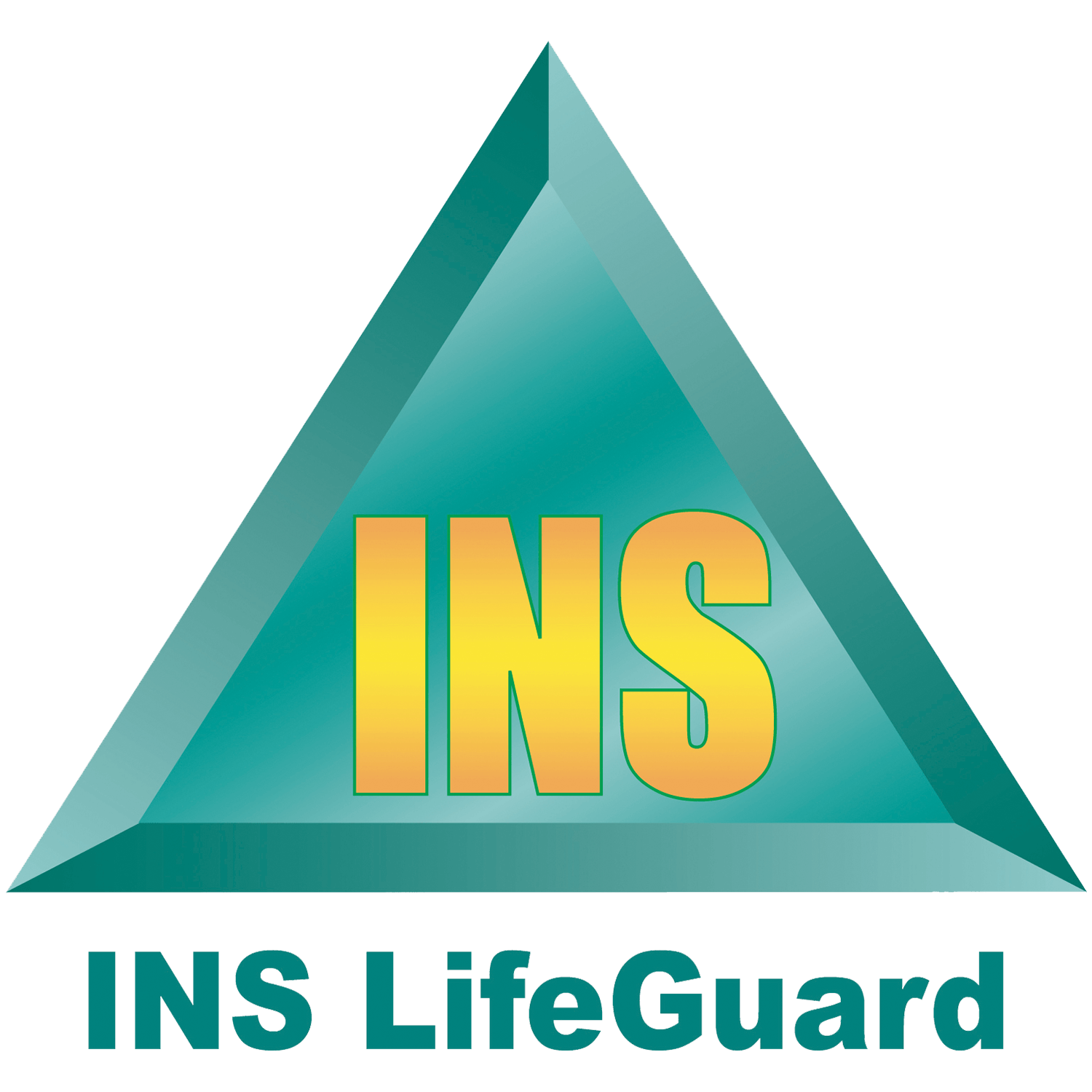INS LifeGuard
INS LifeGuard
International Enquiries
How to Prevent a Fall Inside Your Own Home

Did you know that falls are one of the most common causes of injuries for seniors?
A bad fall can result in injuries relating to the hips, knees, and brain. But even when a fall occurs where no harm is sustained, it can scare people into reducing the number of activities they participate in because they’re worried it could be worse next time.
However, reducing activities around the home isn’t the answer. There are several changes you can make to improve your situation so you don’t suffer from a fall. You don’t even need to worry about remodelling the house either. Here are just some of the adjustments you can make to prevent falling inside your own home.
Fall Prevention Tips
Clean Up Around the House
The easiest way to prevent a fall from occurring is to ensure that your home is neat and tidy. Pick up after yourself and remove any obstacles on the ground that shouldn’t be there.
Some of the most common items can include garbage bags, old newspapers, and even pairs of shoes. Ideally, your floor should be clear so you don’t need to avoid any objects while walking around the house.
Create Clear Walking Paths
Walking around the house should be easy. If you have footrests or other pieces of furniture that you need to avoid as you move from room to room, it could be worth asking yourself if you really need them.
Your review shouldn’t only include the living room. Complete an assessment of your bedroom and bathroom as well. You don’t want to have a fall during the night that was caused by tripping over something in your walking path.
Avoid Wearing Loose Clothing
Baggy clothes can be incredibly comfortable, particularly in the summer. However, they can also be responsible for causing falls.
Loose clothing can easily get caught on the ends of furniture and archways. You’re better off wearing something that’s got a tighter fit. If you still prefer to wear a longer shirt, then tuck it in so that it doesn’t catch on to anything in your home.
Wear Shoes Inside the House
Your mother probably told you to always take your shoes off when you’re inside the house. But it’s actually a good idea to wear some, especially if you are walking on tiles, floorboards, or laminated flooring.
Shoes will generally have rubber soles and can help prevent falls from occurring. If you’re wearing socks inside, you’ve already increased your chances of slipping. So go the extra step and put on a pair of shoes too.
Remove Tripping Hazards
It’s common to trip on items like power cords, rugs, and even wooden floorboards that have started to come loose. These tripping hazards can lead to falls. They are the most dangerous when you’re walking around at night without a light on.
You should try to remove as many of these tripping hazards as possible. Sometimes this might involve repairs or uninstalling some appliances and placing them somewhere else. But it will be worthwhile so you can avoid a fall.
How to Prepare for a Fall
Unfortunately, sometimes falls are unavoidable. No one is perfect, and accidents happen. The best you can do is ensure that your home is safe and you have the appropriate equipment available that can help you in the scenario where you have fallen.
INS LifeGuard provides a variety of products and services to assist you in the instance of a fall. Some of our items can detect when you have fallen, so our 24/7 emergency response team can get in touch with you immediately, even if you’re unable to respond. Head over to the INS LifeGuard shop to explore all the products and services available to purchase today.

About
INS LifeGuard is the only 24/7 nurse on-call personal and medical monitoring in Australia. We provide monitoring technology for both in the home and on the go and can also monitor other provider's equipment. Our services are suitable for anyone wanting support to stay independent such as the elderly, those with medical conditions and disabilities plus enhancing safety and security for lone workers.
Related Articles

-
Visit our website here
I hope you enjoy reading this blog post
INS LifeGuard is the only nurse on-call personal and medical alarm service in Australia. If you would like more information about INS LifeGuards solutions, visit our website here.
I hope you enjoy reading this blog post.
INS LifeGuard is the only nurse on-call personal and medical alarm service in Australia. If you would like more information about INS LifeGuards solutions, visit our website
here.

INS LifeGuard is the only nurse on-call personal emergency response service in Australia. We have a commitment to healthcare innovation which includes personal alarms and medical alert solutions that make independence easier, safer and more enjoyable.
Our services support Seniors, Carers, Providers, NDIS Participants, Retirement Villages, DVA, Lone Workers and anyone that wants the security that help is a press of a button away.
Quicklinks
LATEST POSTS
INS LifeGuard is the only nurse on-call personal emergency response service in Australia. We have a commitment to healthcare innovation which includes personal alarms and medical alert solutions that make independence easier, safer and more enjoyable.
Our services support Seniors, Carers, Providers, NDIS Participants, Retirement Villages, DVA, Lone Workers and anyone that wants the security that help is a press of a button away.
LATEST POSTS
Newsletter Archive
PO Box 485 Unanderra NSW 2526 Australia
INS LifeGuard
International Enquiries












